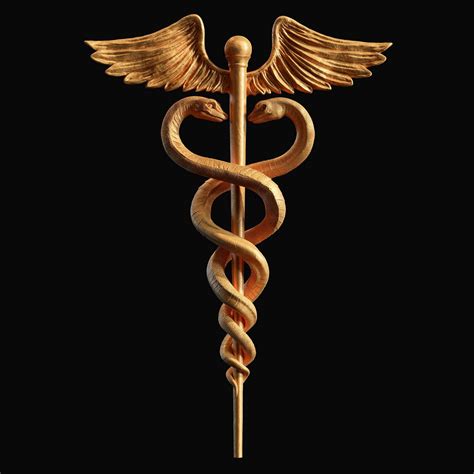What are some common symptoms of low testosterone in men?

Low testosterone, medically known as hypogonadism, is a condition where a man’s body doesn’t produce enough testosterone. This vital hormone plays a crucial role in male development and maintaining various physical and emotional functions throughout life. While testosterone levels naturally decline with age, significant drops can lead to a range of noticeable and often distressing symptoms that impact a man’s overall well-being and quality of life.
Recognizing the Signs: Key Symptoms of Low Testosterone
Understanding the common indicators of low testosterone is the first step toward seeking diagnosis and treatment. These symptoms can be subtle at first and often mimic other conditions, making accurate diagnosis essential.

Sexual Dysfunction
One of the most widely recognized categories of symptoms relates to sexual health. Men with low testosterone often experience:
- Decreased Libido: A significant reduction in sex drive or desire for sexual activity.
- Erectile Dysfunction (ED): Difficulty achieving or maintaining an erection firm enough for sex. While ED can have many causes, low T is a common contributor.
- Reduced Semen Volume: Testosterone plays a role in sperm production, so lower levels can lead to a noticeable decrease in ejaculate volume during orgasm.

Physical Changes
Beyond sexual health, low testosterone can manifest in several physical alterations to the body:
- Loss of Muscle Mass: Testosterone helps maintain muscle mass and strength. A decline in the hormone can lead to a noticeable decrease in muscle bulk and strength, even with regular exercise.
- Increase in Body Fat: Conversely, low testosterone can contribute to an increase in body fat, particularly around the abdomen. Some men may also develop gynecomastia (enlarged breast tissue).
- Decreased Bone Density: Testosterone plays a role in bone mineral density. Low levels can lead to weaker bones and an increased risk of osteoporosis.
- Hair Loss: While male pattern baldness is genetic, low testosterone can contribute to body hair loss, including facial hair.
- Fatigue and Reduced Energy: Persistent tiredness, lack of energy, and a general feeling of malaise are common complaints, even after adequate sleep.

Emotional and Cognitive Shifts
The impact of low testosterone extends to mental and emotional well-being:
- Mood Changes: Men may experience increased irritability, depression, or a general feeling of sadness.
- Decreased Motivation: A lack of drive and enthusiasm for activities previously enjoyed.
- Poor Concentration and Memory: Difficulty focusing, reduced attention span, and problems with memory can also be symptoms.

Other Potential Symptoms
Some men may also report:
- Sleep Disturbances: Insomnia or other sleep pattern changes.
- Hot Flashes: Though more commonly associated with menopause in women, men with very low testosterone can sometimes experience hot flashes.
When to Consult a Doctor
If you are experiencing a combination of these symptoms, it’s crucial to consult a healthcare professional. A simple blood test can measure your testosterone levels. While many of these symptoms can be attributed to other health issues, a proper diagnosis will help determine if low testosterone is the underlying cause. Treatment, which often involves testosterone replacement therapy, can significantly alleviate symptoms and improve quality of life for many men.

Living with low testosterone can be challenging, affecting not just physical health but also emotional well-being and relationships. Recognizing the symptoms early and seeking medical advice are critical steps towards managing the condition effectively and regaining a better quality of life.









